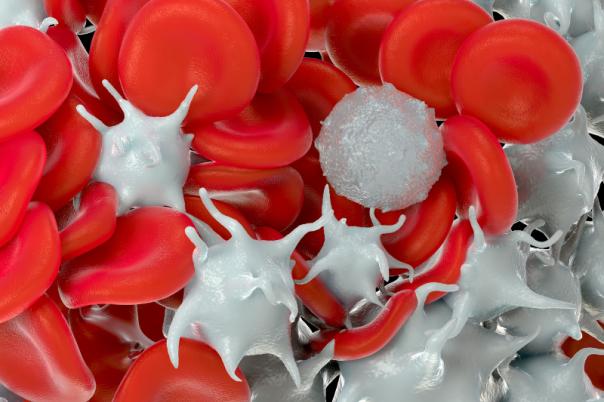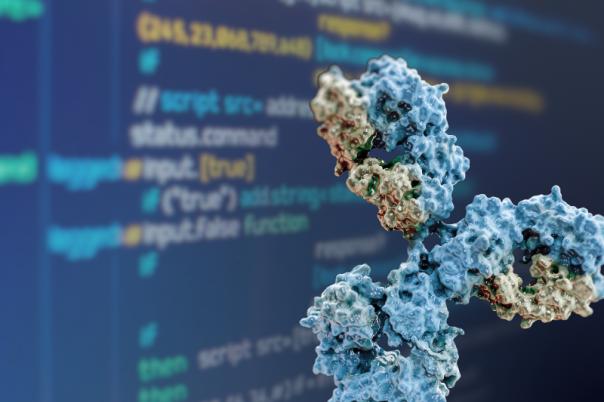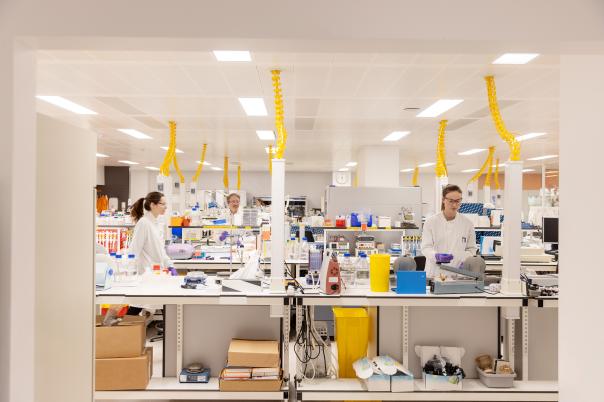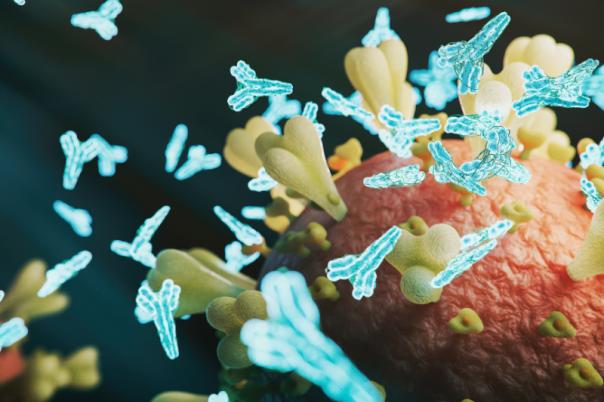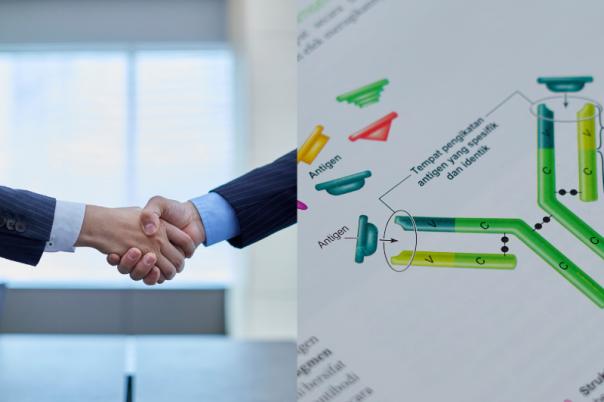Patricia Alves, Head of The Sanofi Satellite Lab & Coordinator of Analytical Services Unit & Mass Spectrometry Unit at iBET, discussed the implementation of MS based analytics which is used to complement the understanding of products and processes at iBET. From proteome profiling to biologics characterisation this technology can offer end to end solutions across various modalities.
A major highlight was their collaboration with Sanofi to optimise downstream antibody purification using MS-based multi-attribute methods (MAM). The MAM technology was used to identify critical quality attributes of antibodies, such as PTMs (oxidation, deamination, clipping, glycosylation profile). This method allows for high accuracy and resolution in evaluating individual PQAs (product quality attributes) in a single workflow. By providing high-accuracy profiling in a single workflow, MAM reduces the need for multiple orthogonal assays.
Furthermore, Alves put forward the idea of a SWATH-MS approach used for identifying and quantifying host cell proteins (HCPs). Traditional ELISA methods offer only total HCP quantification, lacking protein-specific insight. Meanwhile, iBET’s SWATH-MS-based method allows targeted and untargeted identification and quantification of individual HCPs using isotopically labelled peptides and a comprehensive spectral library. The most notable finding was the detection of critical impurities like cathepsin B, renowned for its impact on antibody fragmentation. So, this approach provides a deeper understanding of the HCP landscape and improves clearance strategies for downstream platforms.
The study highlighted how the clearance efficiency of HCPs varies with resin choice, operating conditions, and even the molecule itself. Alves reiterated that integrating MS-based analytics accelerates bioprocess development, enhances process understanding, ensures product quality, and supports regulatory compliance.
Overall, Alves’s work outlined the value of advanced analytical tools in modern biomanufacturing, facilitating streamlined workflows and informed decision-making for both in-process control and tech transfer. By integrating advanced MS-based analytical tools like MAM and SWATH-MS into everyday processes, scientists can improve the sensitivity and accuracy of their platforms.


